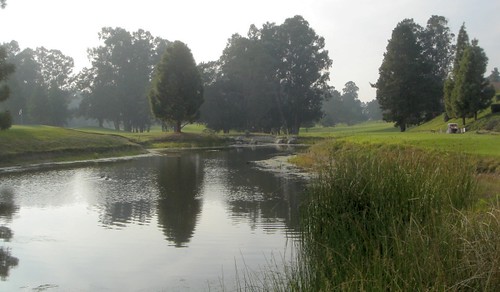Spectre
The Deported
- Joined
- Feb 1, 2007
- Messages
- 36,832
- Location
- Dallas, Texas
- Car(s)
- 00 4Runner | 02 919 | 87 XJ6 | 86 CB700SC
From the Washington Examiner - http://www.dcexaminer.com/opinion/Should_UAW_Sell_its_Championship_Golf_Course.html



Nice place. Why are we bailing these people out, again?
Make UAW Sell its Championship Golf Course Before a Bailout
By EXAMINER EDITORIAL HOT ZONE
- 12/16/08
A view of the finely groomed Black Lake golf course owned by the UAW. (Michigan Golf) What do UAW executives and workers do to relax? They play golf at the union?s highly touted championship caliber Black Lake Golf Club, designed by Rees Jones. The UAW golf club is in secluded Onaway, MI, as part of the union?s Walter and Mary Reuther Family Education Center. Also part of Black Lake are a learning center, a practice facility with practice bunkers, chipping and putting greens, and a small, nine-hole par-three Little Course.
Golf Digest named Black Lake as one of top ?upscale public courses.? And Michigan Golf described the course as a ?classic? that includes ?wide, well-groomed fairways [that] provide ample room for big hitters.? But some big hitters get special privileges at Black Lake. Tee times can be reserved up to two weeks in advance by UAW execs, compared to only three days for non-UAW duffers. Cost to play Black Lake is $95 per round.
Remember all the much-deserved bad press Detroit?s high-paid Big Three executives received last month when they flew in their corporate jets to beg Washington for a tax-paid bailout? Has anybody in Congress or the media bothered to ask UAW head Ron Gettelfinger about his union?s assets and perks like Black Lake Golf Club?
As head of one of the nation's most powerful unions, Gettelfinger doesn't earn nearly as much as Detroit's top CEOs. GM's Rick Wagoner, for example, made more than $14 million last year. But Gettelfinger's total compensation of nearly $160,000 annually far exceeds the U.S. median gross family income of $61,500 and puts him among the top five percent of all tax filers, according to U.S. Census Bureau and IRS data.
And the UAW is anything but poor, with net assets reportedly worth an estimated $1.23 billion. UAW membership has been declining for years, as it has for most major unions, but annual income from member dues, interest and other revenues exceeded $300 million in 2006.



Nice place. Why are we bailing these people out, again?
Last edited:
